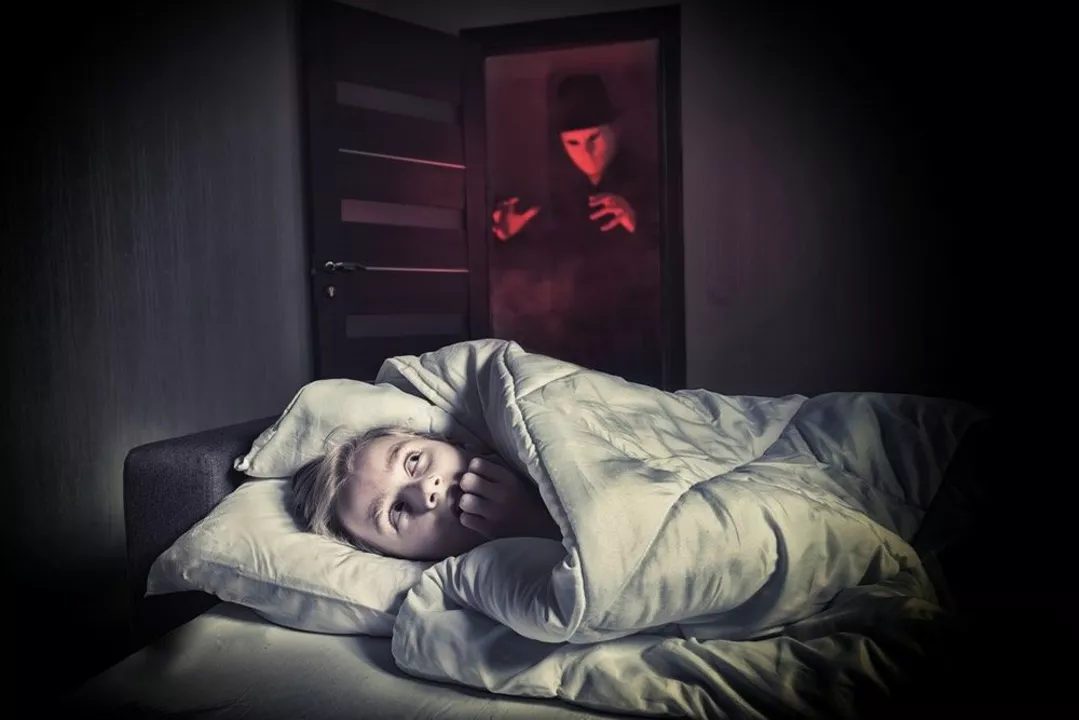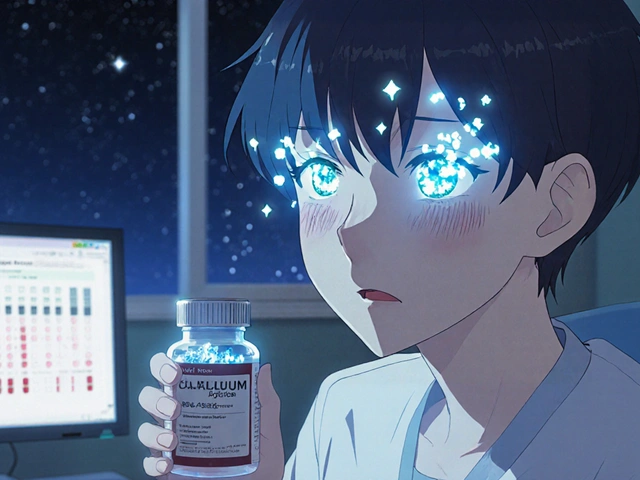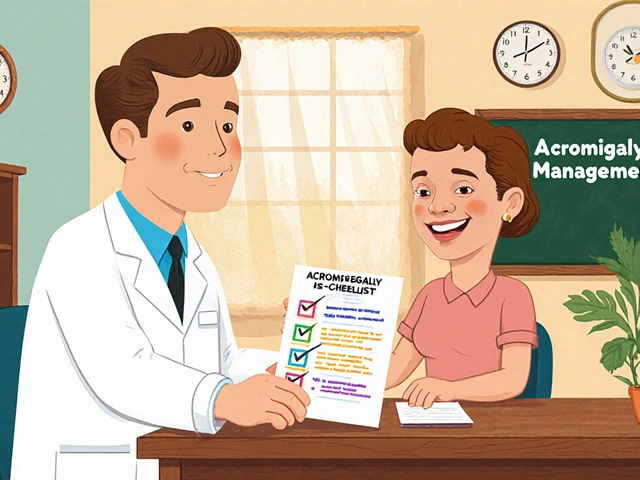Insomnia Help: Fast Ways to Sleep Better Tonight
Can't fall asleep? Tossing and turning is frustrating, but you don't have to suffer night after night. Below are easy steps you can try right now, plus a quick look at why insomnia happens in the first place.
Why Your Brain Keeps You Awake
Stress, caffeine, and irregular sleep schedules are the usual suspects. Even small things like bright screens before bed or a noisy room can keep your brain on alert. When you habitually stay up late, your internal clock shifts, making it harder to feel sleepy at the right time.
Another common cause is medical conditions such as acid reflux or restless legs. If you notice pain or tingling while lying down, it's worth checking with a doctor. Simple changes can fix many of these problems without needing medication.
Quick Tips That Actually Work
1. Set a wind‑down routine. Spend 30 minutes before bed doing something calm—reading a paperback, gentle stretches, or listening to soft music. Turn off phones and tablets; the blue light tricks your brain into thinking it's still daytime.
2. Keep the room cool and dark. Aim for about 65°F (18°C) and use blackout curtains or an eye mask. A cooler environment signals your body that it’s time to rest.
3. Watch what you eat and drink. Skip caffeine after 2 p.m., limit alcohol, and avoid heavy meals right before sleep. A light snack with protein and carbs—like a banana with peanut butter—can keep blood sugar steady through the night.
4. Try a natural sleep aid. Over‑the‑counter melatonin (0.5–3 mg) can reset your clock, especially if you travel across time zones. Herbal teas such as chamomile or valerian root are also gentle options that many people find soothing.
5. Move during the day. A brisk 20‑minute walk or short workout releases tension and boosts the sleep hormone — the more active you are, the easier it is to relax later.
If these tricks don't help after a couple of weeks, consider talking to a pharmacist or doctor. Prescription options like low‑dose trazodone or bedtime antihistamines exist, but they work best when paired with healthy sleep habits.
At MyCanadianHealthcareMall we stock melatonin, herbal teas, and other over‑the‑counter sleep aids you can order safely online. Browse our insomnia tag for product reviews, dosing guides, and user tips to find what fits your routine.
Remember, good sleep is a habit, not a one‑off fix. Start small—pick one tip, try it for a week, then add another. Before long you'll notice less tossing, deeper rest, and more energy during the day. Sweet dreams!
Unisom Sleep Aid: The Real Scoop on Effectiveness, Safety, and Smart Use
Unisom is a popular over-the-counter sleep aid. This deep-dive explores how it works, side effects, usage tips, and what real-life users should know before trying it.
The Impact of Venlafaxine on Sleep: A Closer Look at Insomnia and Nightmares
In my latest blog post, I took a closer look at the impact of the antidepressant Venlafaxine on sleep, specifically focusing on insomnia and nightmares. I discovered that while Venlafaxine is generally effective in treating depression and anxiety, it can unfortunately lead to sleep disturbances for some individuals. The research I found showed that these sleep issues may be due to the drug's impact on serotonin and norepinephrine levels in the brain. I also delved into various coping strategies that might help reduce these side effects, such as adjusting medication dosages or seeking alternative treatments. Overall, it's important for patients and healthcare providers to be aware of these potential sleep-related side effects when considering Venlafaxine as a treatment option.









